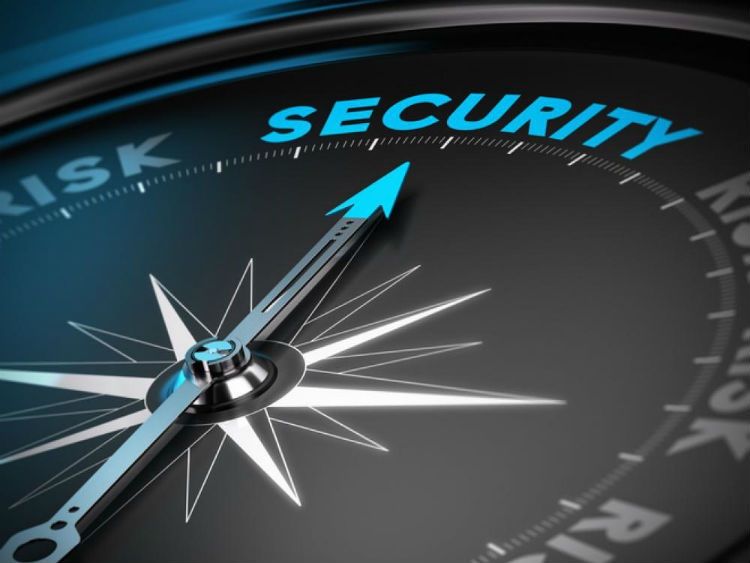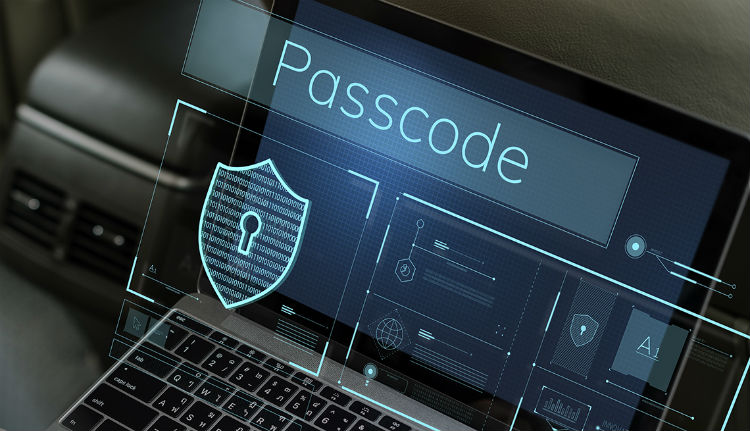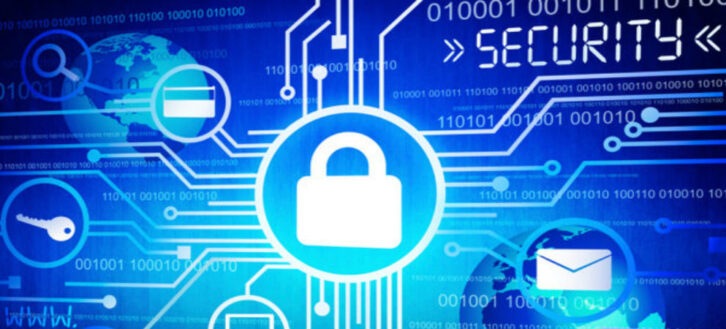The risk of identity theft can be reduced by protecting personal data. You should maintain appropriate security on all devices. Always be sure of whom you’re sharing your information with. Sites like Checkpeople.com can be very helpful in this respect. It’s important to dispose of personal data safely. Never share it without asking why it is needed.
When to Destroy Personal Information
Destroy any physician statements, expired cards, receipts, credit offers, insurance forms, credit applications, checks, bank statements, and other such documents you don’t need. Before throwing prescription bottles out, destroy the labels. Be wary of people offering free health products or services and don’t share your health plan data with them. Unless your mailbox has a lock, don’t get new checks mailed to your home.
Offline Security of Personal Information

If you’re holding your wallet or any financial documents at work, keep them under lock and key. At home, keep sensitive information in a safe place. Take steps to protect your data from workers in your home or office and your roommates if applicable.
Don’t carry more things than you need. Take only the credit and debit cards and ID you need when you go out. Have your Medicare card copied and carry the copy around with you unless you have a doctor’s appointment, who will ask you for the original. Blackout all of the digits on the copy except the last four. Don’t carry your Social Security card with you unless you’re going to need it.
If someone at your workplace, a doctor’s office, a school, or a business asks for your information, ask why before providing it. Ask how it will be protected and what will happen if you don’t share it.
You can opt out of insurance and credit prescreened offers by mail. However, there are some advantages of prescreened offers. You might miss out on good credit offers if you opt out.
Online Security of Personal Information

Don’t share information with random sites and people and store it securely. Get rid of all the personal information stored on a computer before disposing of it. To overwrite the hard drive, use a wipe utility program.
Check the device manufacturer’s website, the owner’s manual, or the website of the service provider before disposing of any mobile device. These have useful tips on permanently deleting information and transferring or saving data on a new device. Remove the SIM card or memory from mobile devices. Get rid of all voicemails, the phone book, lists of incoming and outgoing calls, received and sent messages, photos, organizer folders, and web search history.
Don’t Give out Personal Data
When asked for financial or personal information, make sure you know who will be getting it. Never give out personal information by mail, by phone, or online, except when you know who you’re giving it to. If you get an email from a company that says you have an account with them, and asks for personal data, do not reply to the email or click on links in it. Go to the company’s website and call their customer service number. If there is a number on your account statement, use that, and ask if the email really was sent by them. You’d be surprised how often that’s not the case.
Do not Share Passwords
Bank, credit, and other accounts need strong passwords, needless to say. You could use the last letter of each word in a long phrase or sentence. Like if you used the previous sentence, it would be udeetrfhdnagere. Nobody could ever crack that! Alternatively, you can replace some letters with numbers. Using the last example, it could be u1e2t3f4d5a6e7e. Last but not least, never underestimate the benefits of encryption software.


